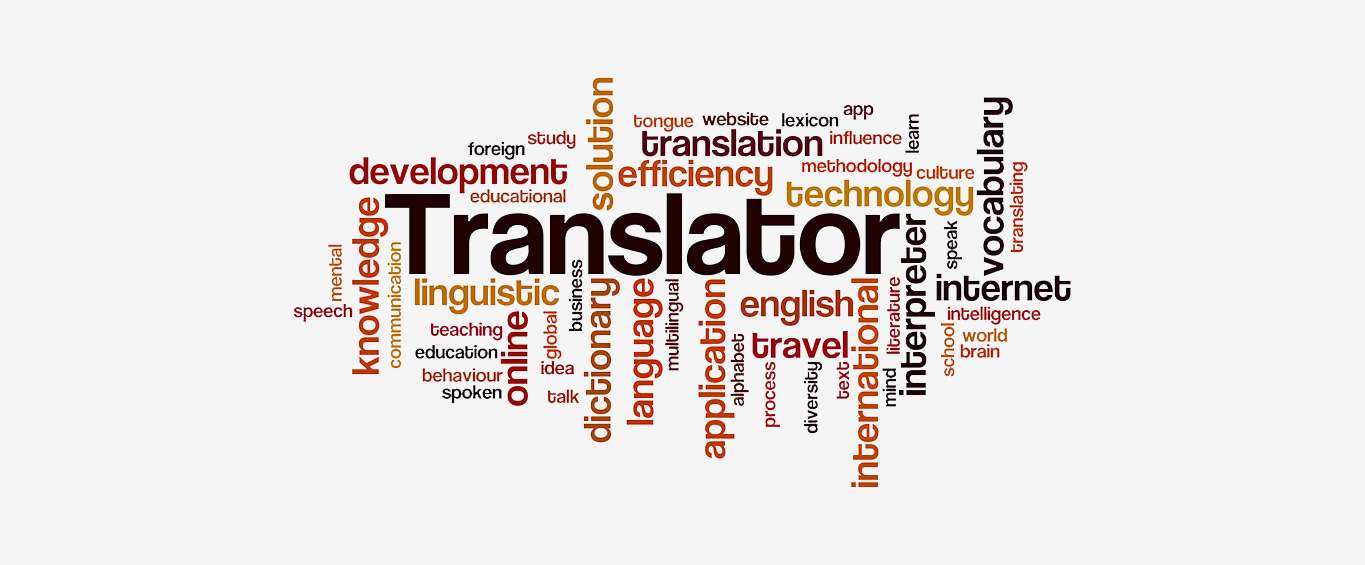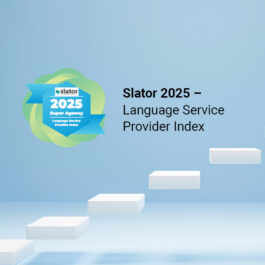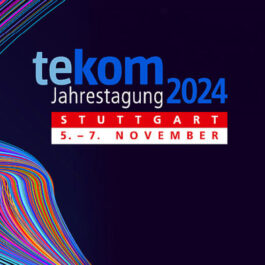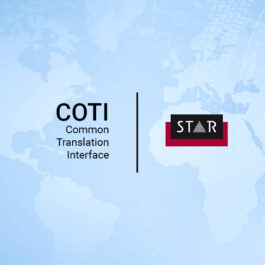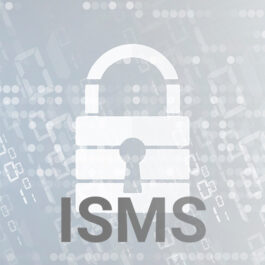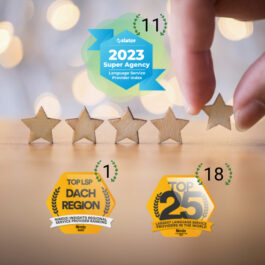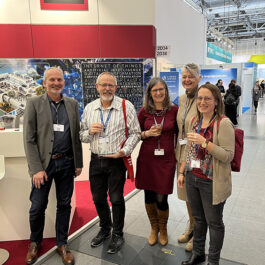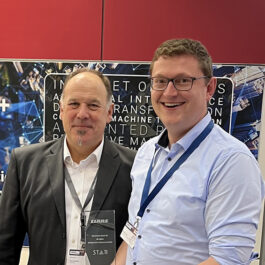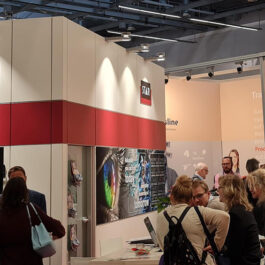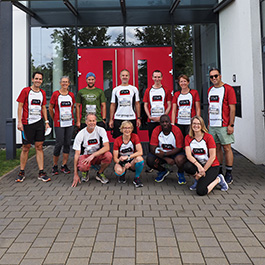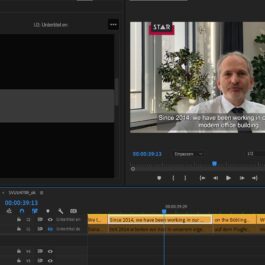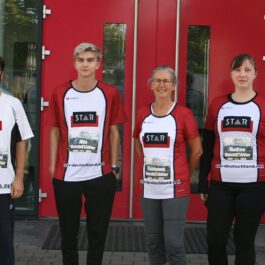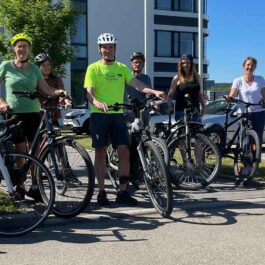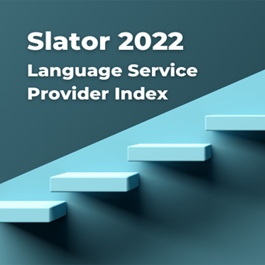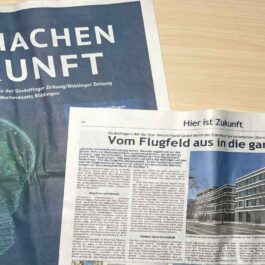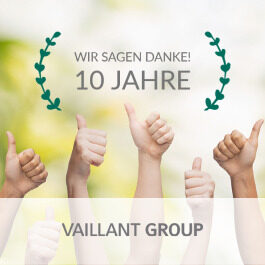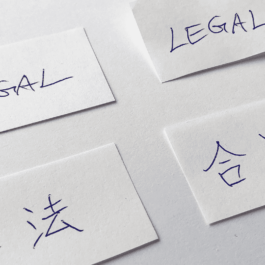A report based on 35 years of experience
Digitalisierung, Automatisierung und Künstliche Intelligenz bestimmen immer mehr Branchen nachhaltig. In this context, and with the development of machine translation (MT), the translation profession has also changed significantly.
Let’s take a look at the past and future of the translation profession in an interview with Fabienne Chapron.
Thick specialist books, dictionaries and copious reference works
“When I started my career as a translator 35 years ago, translation and the research associated with it were tedious and time-consuming. Slow PCs, massive screens, an operating system called MS-DOS and floppy disks were part of everyday life back then.
With globalisation, the volume of translation from our international customers grew rapidly over time. The variety of topics and the complexity of the content also increased significantly. The development of the translation profession continues to be extremely dynamic. Nowadays, information is changing virtually on a daily basis, both in the source and target languages.”
Optimum interaction between man and machine
“As a translator, I have been working with technology on a daily basis for a long time now – CAT tools help us with every new job. Thanks to digitalisation and, above all, using workflow automation, workflows are becoming more transparent and far easier and quicker to manage. I can get all the numerous small administrative tasks done much quicker and concentrate on my actual work – translation. Interfaces to CMS and PIM systems, or to online portals for in-country review, all speed up the translation process: Language technology helps us to reduce both the time and effort to process a job.
At the end of my career, I am now routinely working with machine translation. Through webinars and other further training courses, I have been able to add post-editing to my areas of expertise, a skill which is increasingly important in the translation profession. Machine translation achieves good results for properly formulated texts such as press releases and marketing texts. For technical texts, customer terminology is top priority; here it’s all about populating the engines with customer terminology before automation. In these cases, machine translation is part of the translation workflow in which I always have the final say in the post-editing stage.
With SEO-optimised translations, I can help my customers to gain better visibility in the global universe of search engines. This is another skill I have acquired. When I finished my degree in 1986, I never could have imagined how dynamically my way of working would change. Not only have my own standards been raised, but also those of my customers: Many companies now provide a style guide which stipulates the use of relevant stylistic elements and is updated on a regular basis.”
Translation: Anyone can do it online, can’t they?
“Translating involves much more than a translation tool. Professional translation is not just a word-for-word rendering from one language to another. Even if technology has made huge progress, it cannot replace a human translator because only they have the skills to carry out subject-specific, specialist research and to find the right tone and style. Translators who have specialist knowledge in a specific sector have crystal clear benefits compared with machines: The more specialised the vocabulary is, the harder it is for machine translation to hit the right note.”
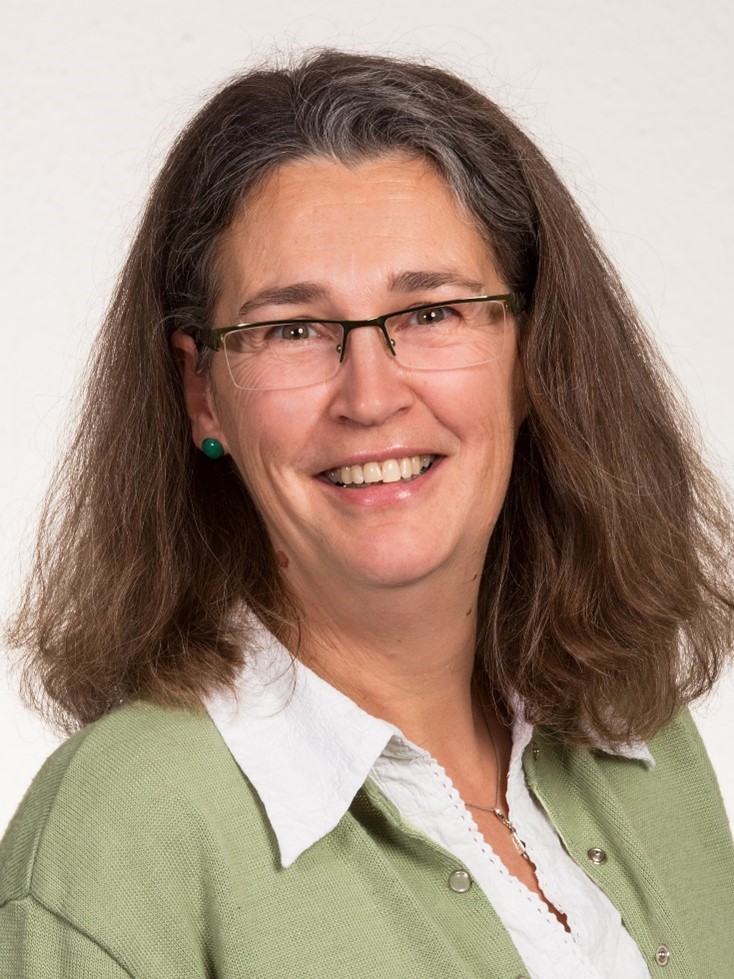 |
Fabienne Chapron Translation Team Leader Master of Arts in German and Romance Studies, University of Heidelberg Translator for 35 years Language direction: German-French Specialisms: Automotive, machinery and plant engineering, agricultural engineering |
Stellar service from STAR
Do you want top quality translations that are managed efficiently?
STAR combines outstanding specialist expertise and many years of experience in the industry with intelligent automation.
You receive reliable quality in the language and the tone that your customers understand.
Do you need professional specialist translation?
Our global network of native language experts specialises in your industry – working efficiently and producing top quality.
We can help you – simply get in touch.

